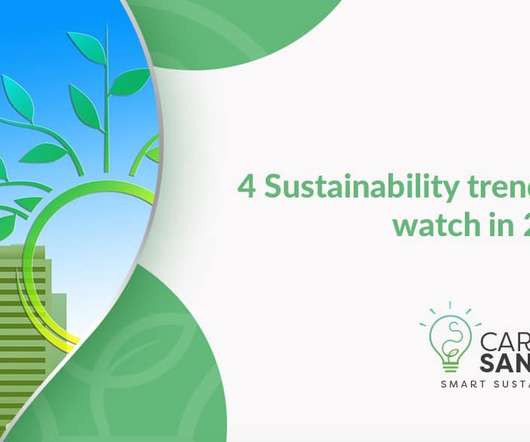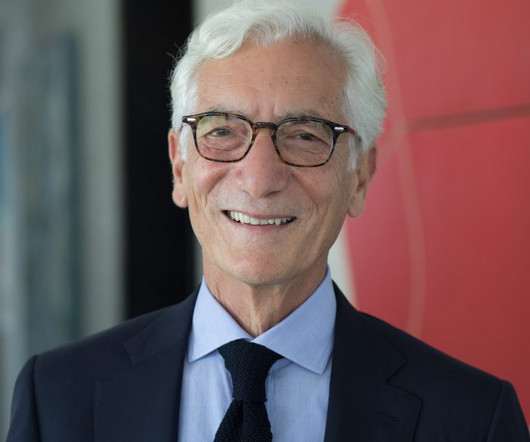Earth’s Balance Sheet
Chris Hall
SEPTEMBER 8, 2023
“Consider soil pollution, a growing liability,” he says, adding that a significant portion of habitable land is dedicated to agriculture, yet soil health is declining. This imbalance between nature-related assets and liabilities poses a substantial challenge, he says, given the need to balance the books over the course of the next 20 to 30 years. (..)












Let's personalize your content